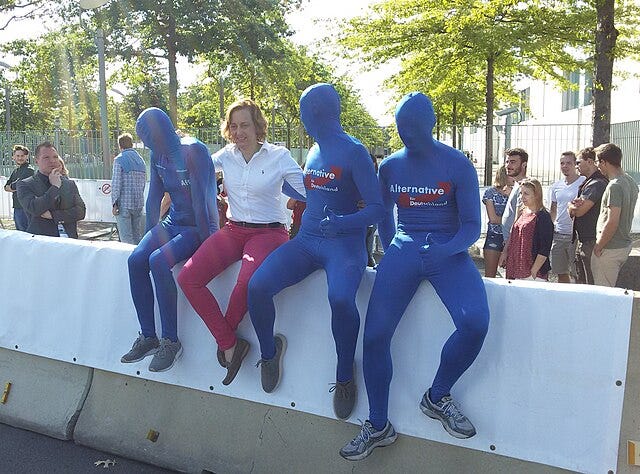Is Germany ready for the new AfD?
How the party wants to break its isolation and what this will do to German politics
Keep reading with a 7-day free trial
Subscribe to ZEITGEIST to keep reading this post and get 7 days of free access to the full post archives.


